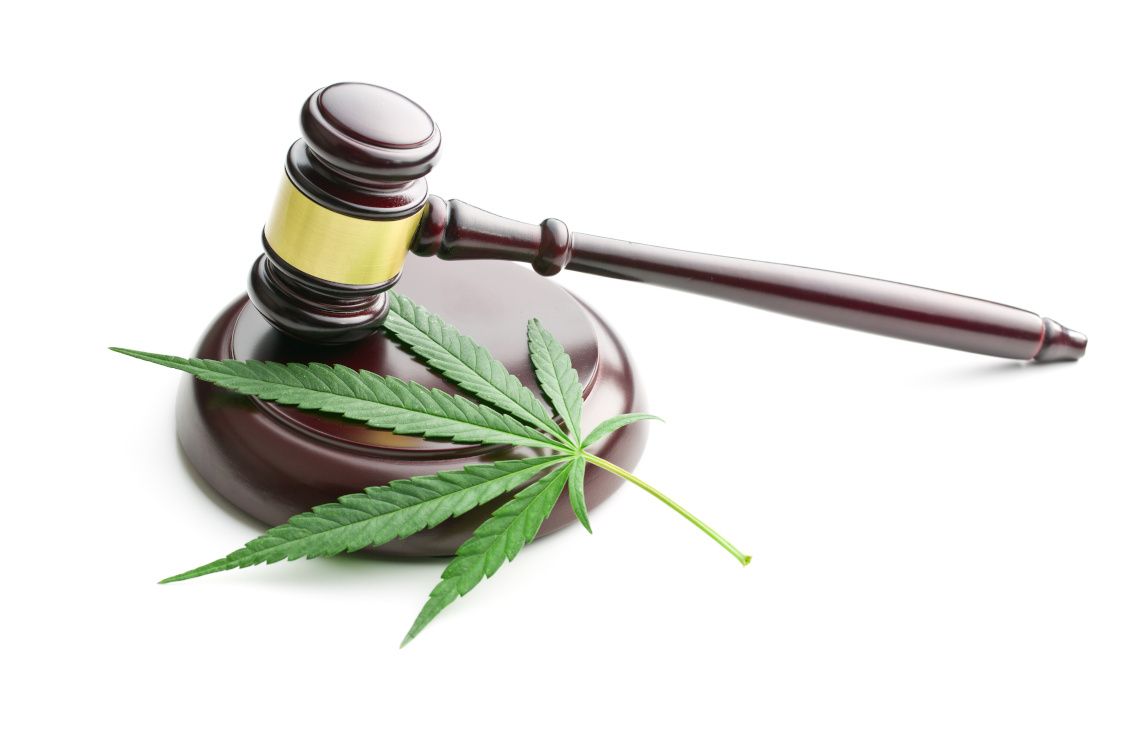NY State Department of Health proposes new hemp-derived CBD regulation, CRN responds
The New York State Department of Health recently proposed new cannabinoid hemp regulation which establishes requirements for licensure for extraction and manufacturing, as well as the sale of hemp-derived cannabidiol (CBD) products.
Photo Credit © Jiri Hera - Stock.adobe.com

The New York State Department of Health (NYSDH) recently proposed new cannabinoid hemp regulationwhich establishes requirements for licensure for extraction and manufacturing, as well as the sale of hemp-derived cannabidiol (CBD) products. As it did with proposed legislation in Kentucky, the Council for Responsible Nutrition (CRN; Washington, D.C.) has issued comments to the NYSDH, proposing revisions to the language that are more consistent with federal law, and prevents a patchwork of state laws.
Among the revisions suggested by CRN are more detailed definitions that offer clarity and are consistent with the 2018 Farm Bill. For example, CRN asks that the NYSDH, in line with the 2018 Farm Bill, define hemp-derived CBD as containing no more than 0.3% THC by dry weight. NYSDH fails to make this distinction throughout its proposed regulation. In its definition of “Broad spectrum,” NYSHD writes: “Broad spectrum means a concentrate extracted from hemp containing multiple cannabinoids, but where all Δ9-Tetrahydrocannabinol (THC) has been removed.”
CRN asks that the definition be revised to: “Broad spectrum means an extract from hemp containing multiple cannabinoids, but where all Δ9-Tetrahydrocannabinol (THC) has been removed to non-detectable levels to be in compliance with the United States Department of Agriculture 0.3% THC limit for raw flower and finished products.”
Similarly, NYSDH defined “hemp extract” to mean “all derivatives, extracts, cannabinoids, isomers, acids, salts of isomers derived from hemp and used for human consumption, with a Δ9-Tetrahydrocannabinol concentration of not more than an amount determined by the department.”
Again, CRN asks that NYSDH include the 0.3% THC threshold with the following revision: “Hemp extract means any derivative, extract, cannabinoid, isomer, acid, salt of isomer derived from hemp and used for human consumption, with a Δ9-Tetrahydrocannabinol. concentration of not more than an amount determined by the department, provided the amount is not less than 0.3% on a dry weight basis.”
The rationale for this inclusion is that the threshold of 0.3% is set by the 2018 Farm Bill and consistent with federal law, and prevents the state from setting a lower threshold which would create a burdensome patchwork of regulations. This is important because as more states issue their own regulation to make up for a lack of federal regulation, it would hurt industry if manufacturers and extractors had to meet different requirements throughout the nation. This would be expensive for business owners, and would create less choice for consumers as brand owners avoid commerce with certain jurisdictions.
CRN hopes that states deviate as little as possible from the federal frameworks established in the 2018 Farm Bill, the Dietary Supplement Health and Education Act of 1994 as well as the Federal Food, Drug & Cosmetic Act so that there is a seamless transition to inevitable federal regulation. CRN hopes this will be accomplished through legislation, specifically, H.R. 8179, the Hemp and Hemp-Derived CBD Consumer Protection and Market Stabilization Act of 2020.
As it advocates for this important piece of legislation and more consistent regulation between states, CRN has recently expressed frustration with the U.S. Food and Drug Administration (FDA) for a complete lack of progress in developing a regulatory pathway for hemp-derived CBD. For example, a recent notice issued by the Agency expressed a need for better data, so that they may better understand the use and safety of CBD products. CRN argues that FDA’s quest for information on these products does not have to preclude federal regulation in the meantime.
“[The notice] tries to excuse the agency’s inaction by decrying a lack of data — even as FDA has blocked the New Dietary Ingredient (NDI) route for CBD supplements by declining to review them, and done little that might incentivize data to be presented or invested in research of its own,” says Steve Mister, president and CEO of CRN, in a statement. “But more troubling is that FDA’s essay on data quality misses the point entirely – and fundamentally misunderstands how DSHEA works. As a botanical, under DSHEA, the presumption in the law actually runs the other way. Put plainly, consumers should have access to CBD dietary supplement products absent some reason shown why they should not. FDA could fix this problem today by exercising authority it is clearly given in the law, and immediately enforcing the full array of FDA dietary supplement regulations on the CBD dietary supplement industry.”
Senate Committee has released the text of 2024 Farm Bill, with changes to hemp regulations
November 19th 2024The U.S. Senate Committee on Agriculture, Nutrition, & Forestry has introduced the Rural Prosperity and Food Security Act, which will serve as the Senate’s draft for the 2024 Farm Bill.